Monkey King Play Series:
Youth Troupe of the Peking Opera Theatre of Beijing and Li Baochun
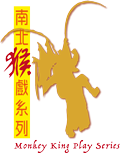
Monkey play is categorised by region and defined as the southern and the northern styles. The southern style monkey play is headed by Shao Opera of Zhejiang; the northern style is represented by Peking Opera, which is the most widespread operatic genre across the country. The monkey play in Peking Opera is further categorised into the southern and northern schools. The art of Yang Yuelou and his son Yang Xiaolou is exemplary of the northern school monkey play of Peking Opera. Subsequently, Li Shaochun, master of wusheng (military male role), combined the strengths of the northern and southern schools and built his own interpretation based on the Yang style. His portrayal of the Monkey King is not only characterised by the nimble and dexterous traits of a monkey, but also reveals with demeanour of the Monkey King. One could describe his performance as a perfect amalgamation of monkey, human and deity. The Festival has specially invited Li Baochun, the son of Li Shaochun and renowned Peking Opera artist from Taiwan, to collaborate with the Youth Troupe of the Peking Opera Theatre of Beijing performing his father’s renowned monkey play Monkey King Wreaking Havoc in Heaven and the classic play Xue Pinggui Leaving His Humble Abode. The exciting line up of other monkey plays features The Eighteen Arhats Fighting with Wukong, Sun Wukong Subduing the Leopard Monster and Wukong dashes towards The Bottomless Hole. There are also highly technical martial excerpts Sawing the Big Jar, Mount Yandang etc. to showcase the finest young martial actors of the troupe, who will perform their superior skills on stage. In addition to the strong line up of martial performances, Chi Xiaoqiu, renowned Cheng (Yanqiu) school qingyi (virtuous female) and Zhu Qiang, a laosheng (old male) actor of the Ma (Lianliang) style, will stage the classic title of the Cheng school called A Lesson from the Mother. The exciting programme, which comprises of both bold and tender elements, provides satisfaction in all aspects.
Monkey King Play Series:
Youth Troupe of the Peking Opera Theatre of Beijing and Li Baochun
Monkey King Wreaking Havoc in Heaven
The Jade Emperor sends Erlang Shen to capture Wukong. Having taken the magic golden pills, Wukong’s bones and muscles become as strong as steel; he is now invincible. The Jade Emperor ushers him to the Bagua burner of the Great Supreme Lord and heats him up with fire, but Wukong manages to escape from the burner. The Heaven Palace deploys its troops. Under the leadership of Li Jing, a battle is launched against Wukong. The wise and brave Wukong wins the battle. Surrounded by the cheering and rejoice of his monkey subjects, Wukong sings his triumphant song and victoriously returns to his mountain.

The Eighteen Arhats Fighting with Wukong








Monkey King Play Series:
Youth Troupe of the Peking Opera Theatre of Beijing and Li Baochun
Youth Troupe of the Peking Opera Theatre of Beijing
Monkey King Play Series:
Youth Troupe of the Peking Opera Theatre of Beijing and Li Baochun
Chi Xiaoqiu

Li Baochun (Guest)

Zhu Qiang

Wang Yi

Zhang Shujing

Zhan Lei

Li Yang

Hou Yu

Yu Shuai

Chen Yu

Jing Baoqi

Youth Troupe of the Peking Opera Theatre of Beijing and Li Baochun


- With Chinese and English surtitles.
- Please refer to the ‘Extension Activities’ page for details of extension activities
- The running time of each performance is approximately 2 hours and 30 minutes including an intermission of 15 minutes.
Youth Troupe of the Peking Opera Theatre of Beijing and Li Baochun






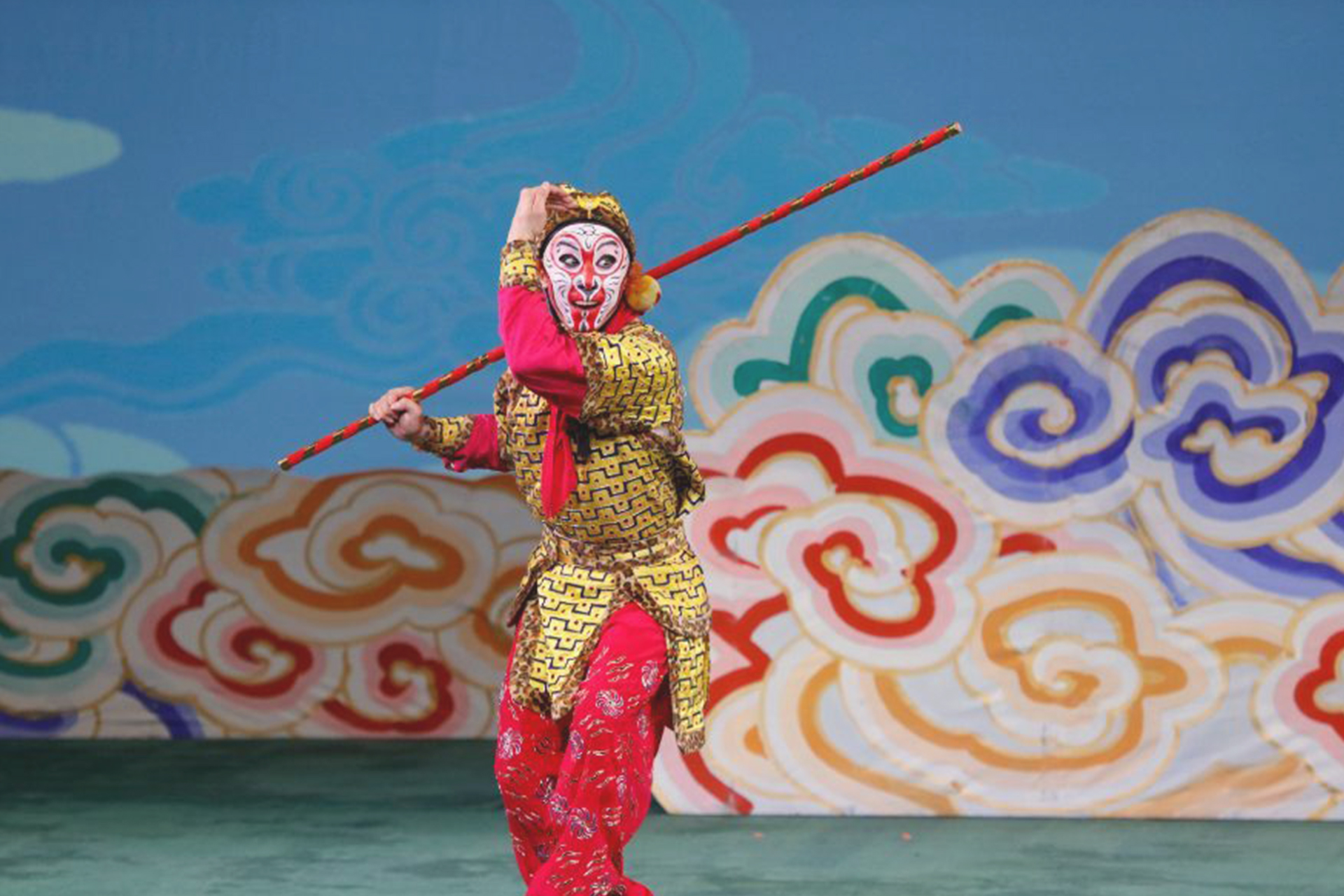
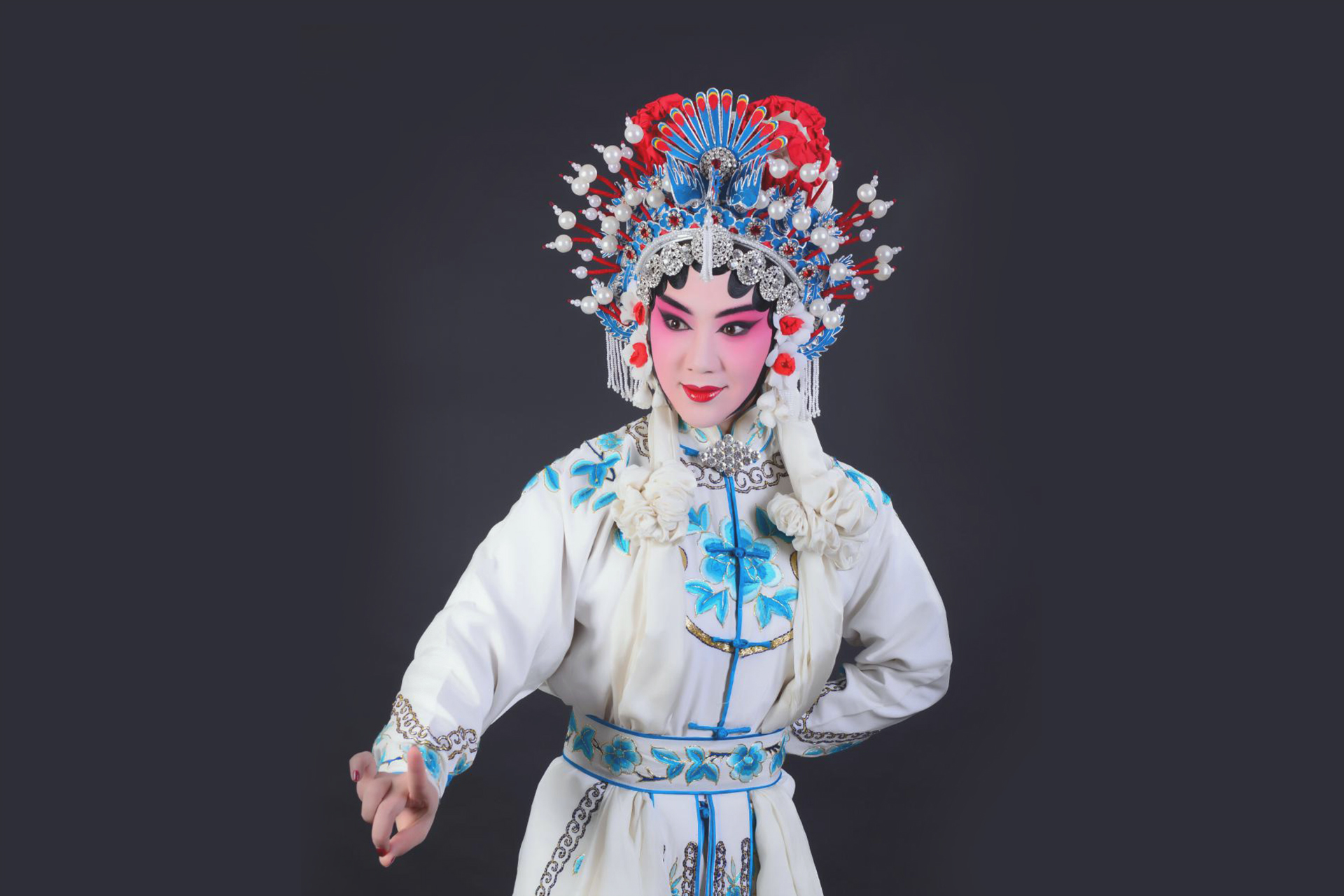

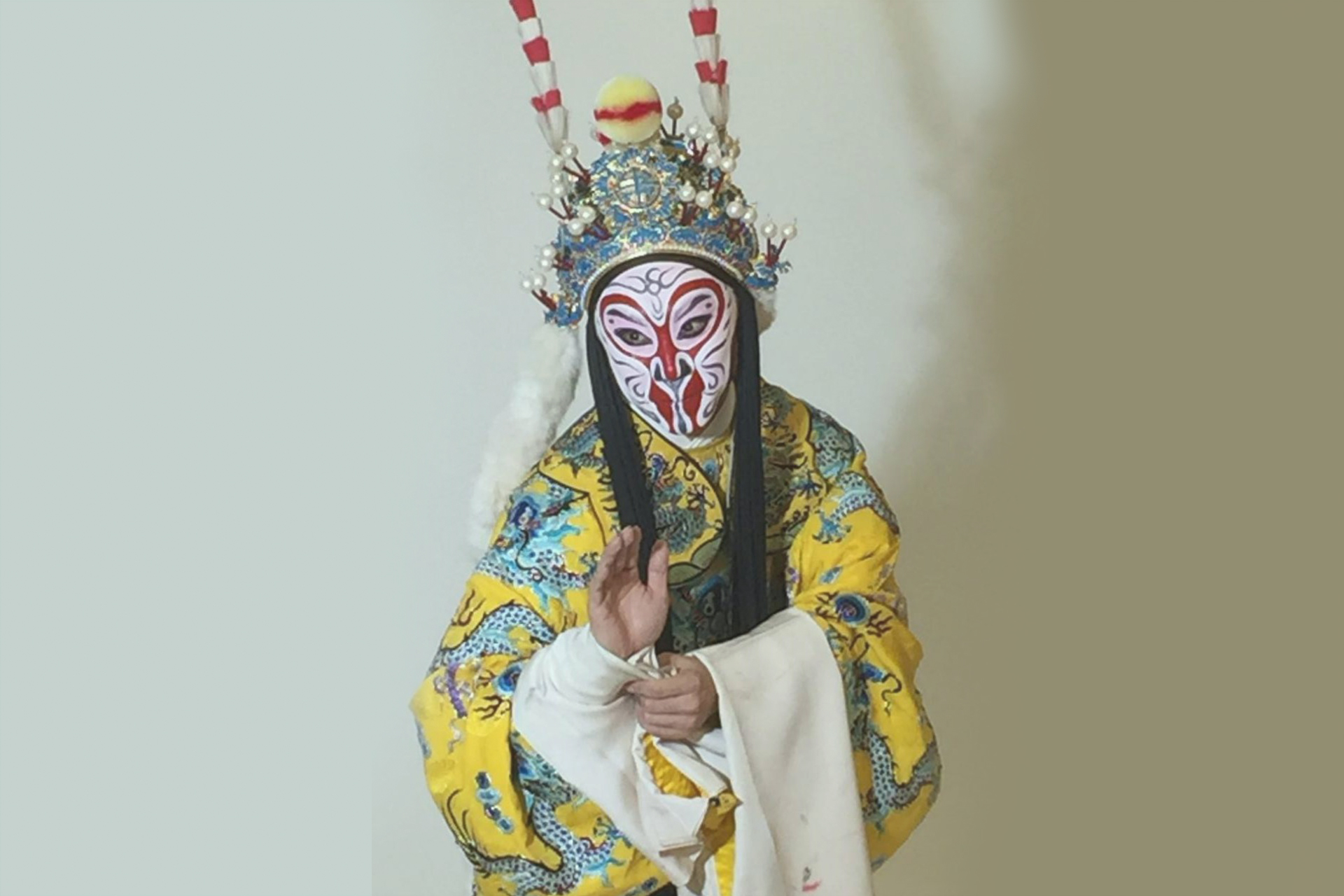
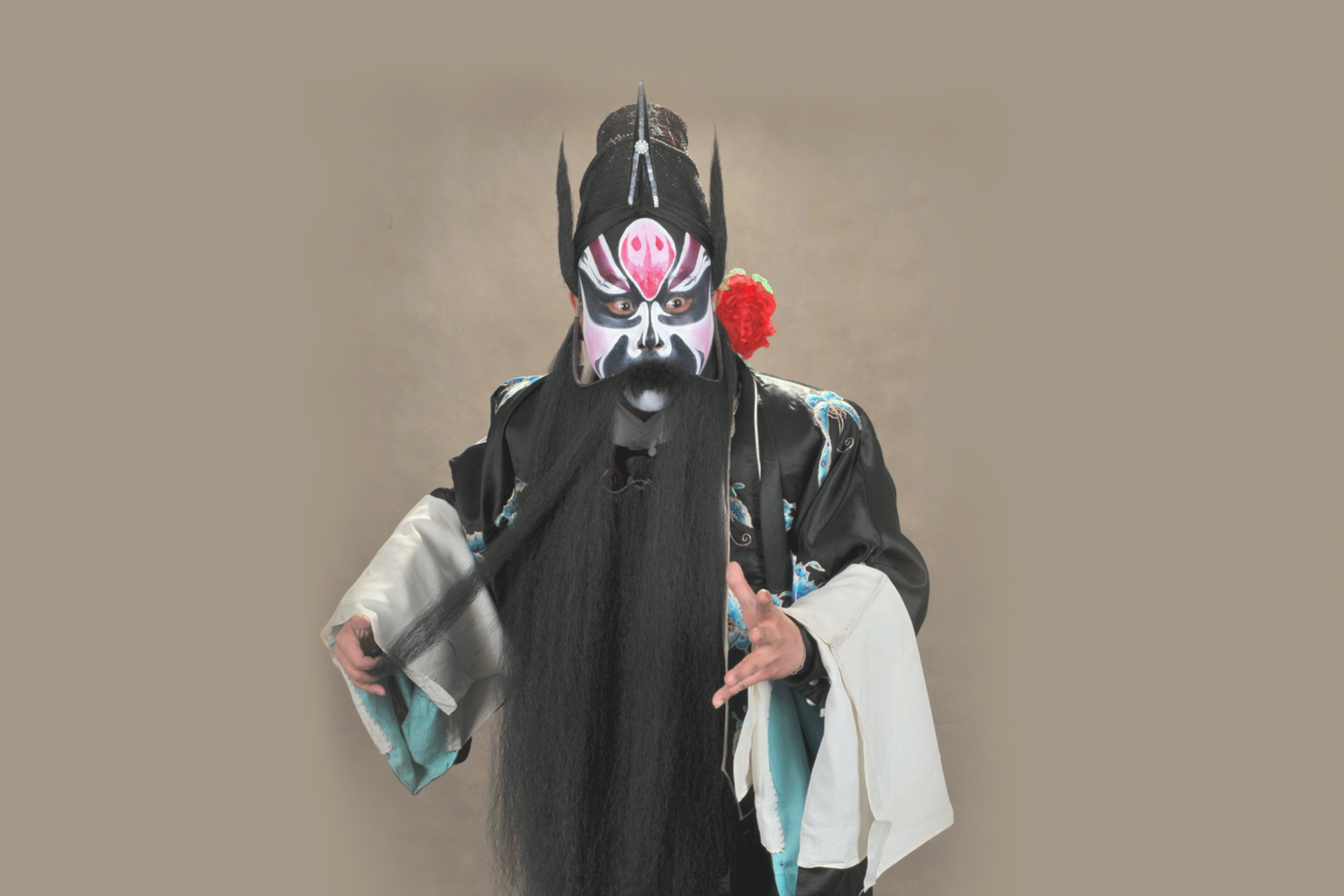
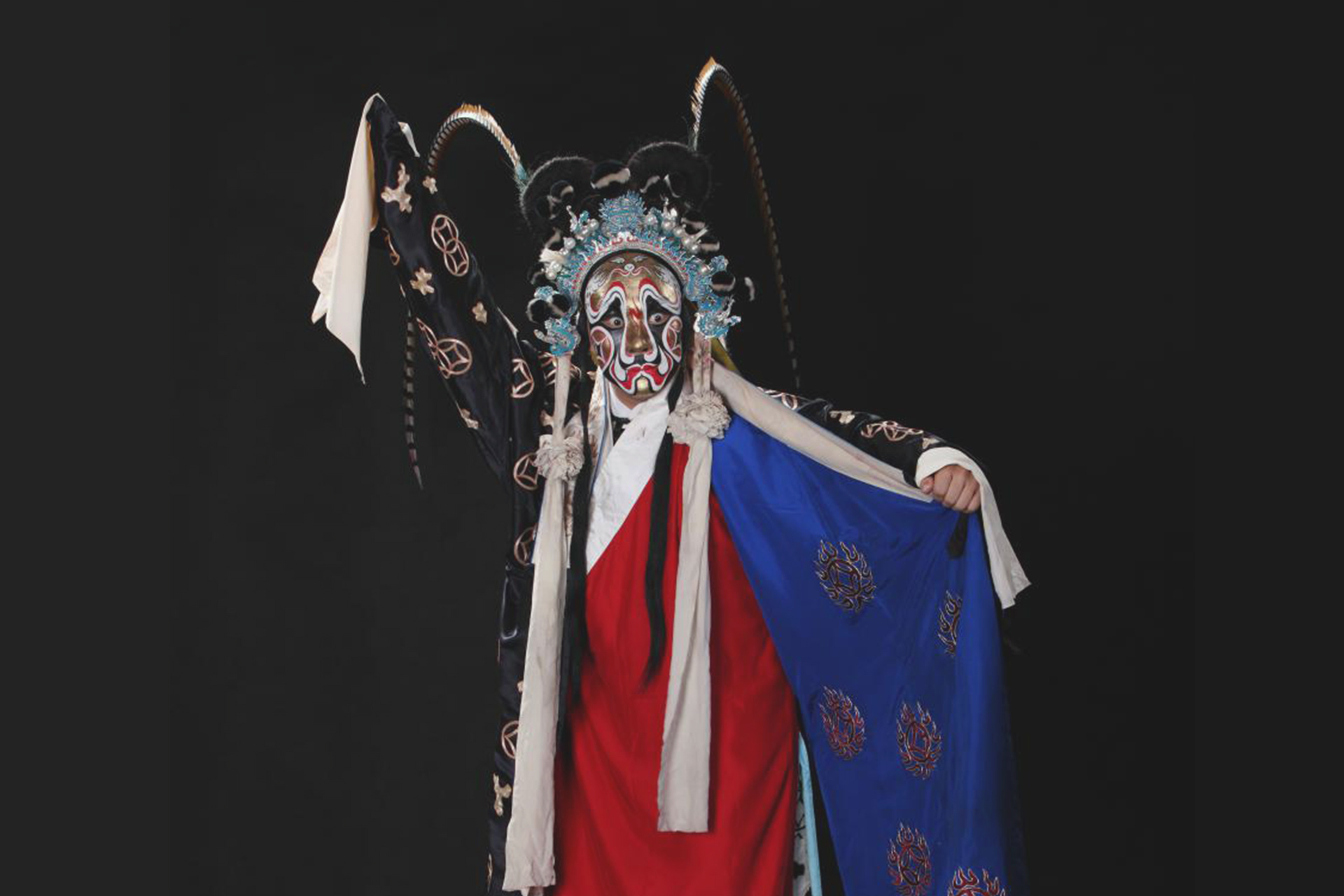
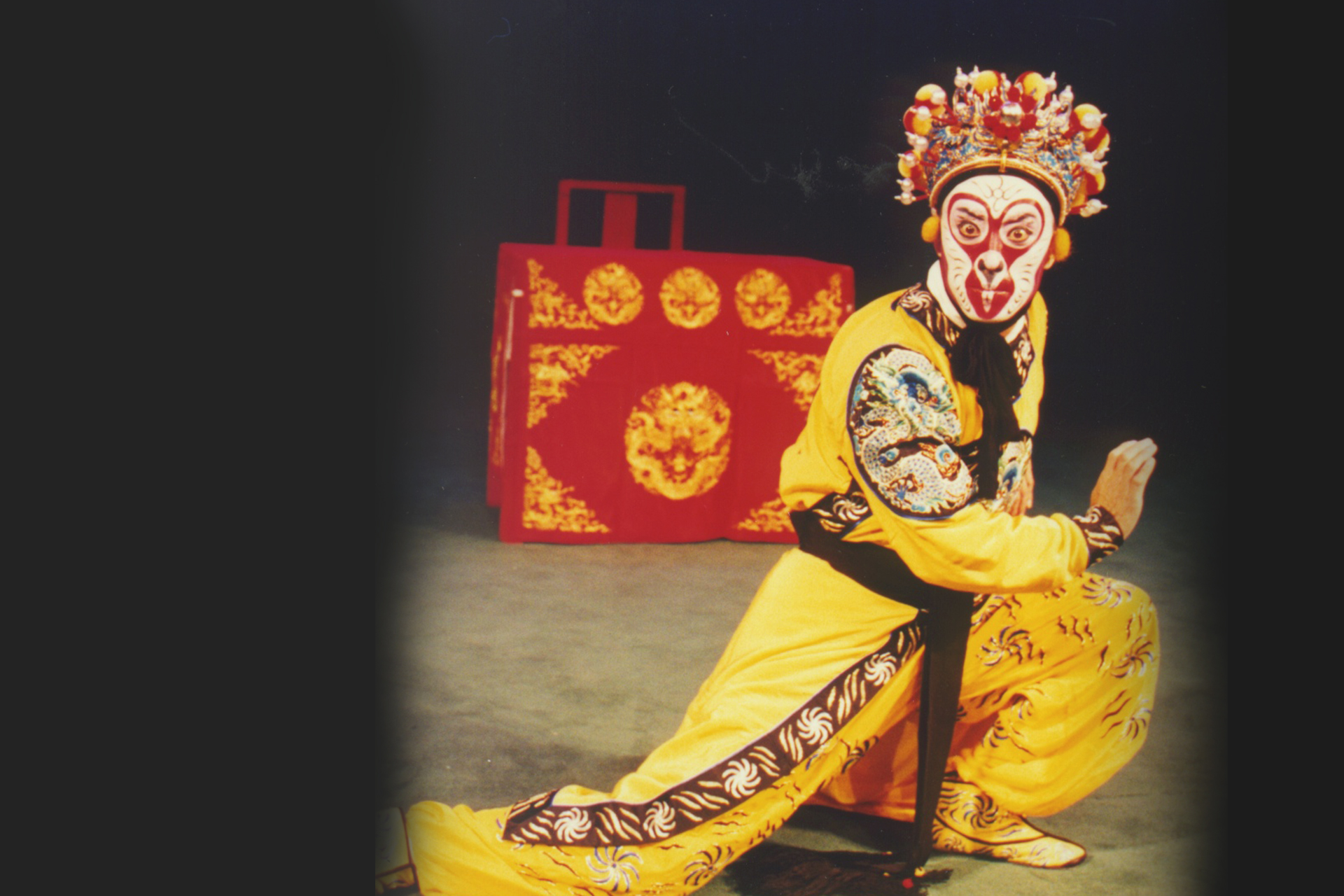

 $380
$380  $300
$300  $200
$200  $120
$120






